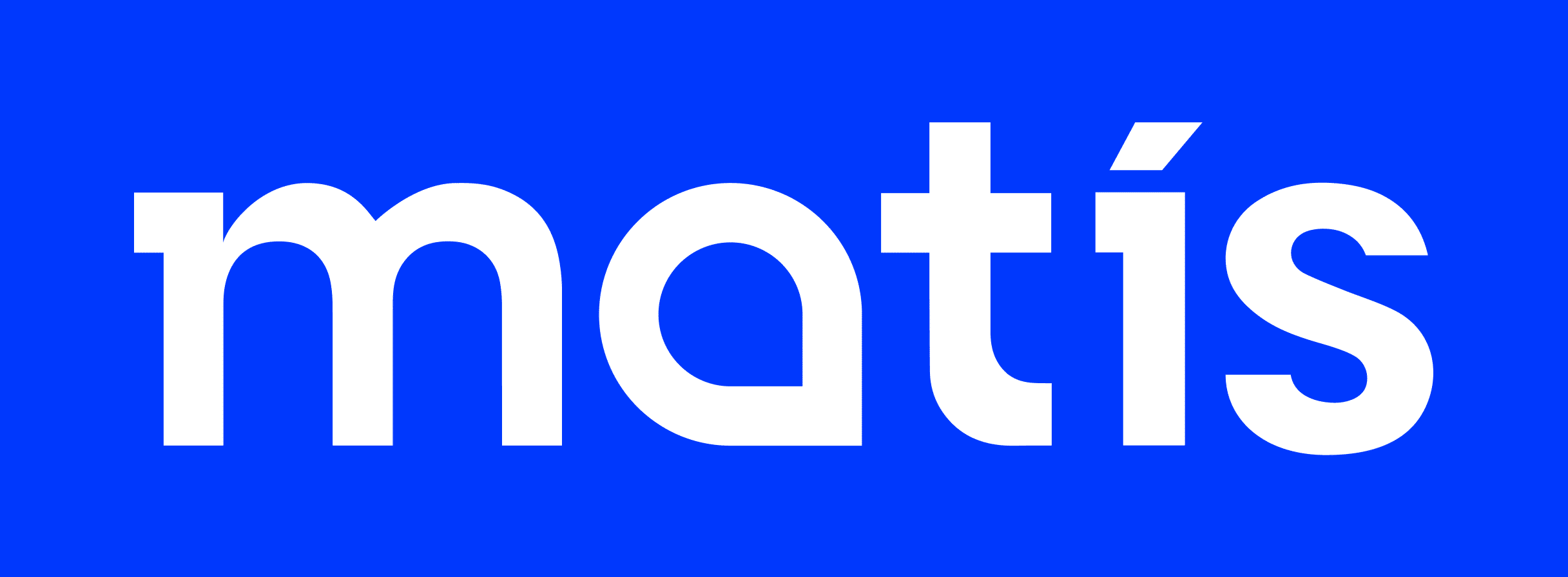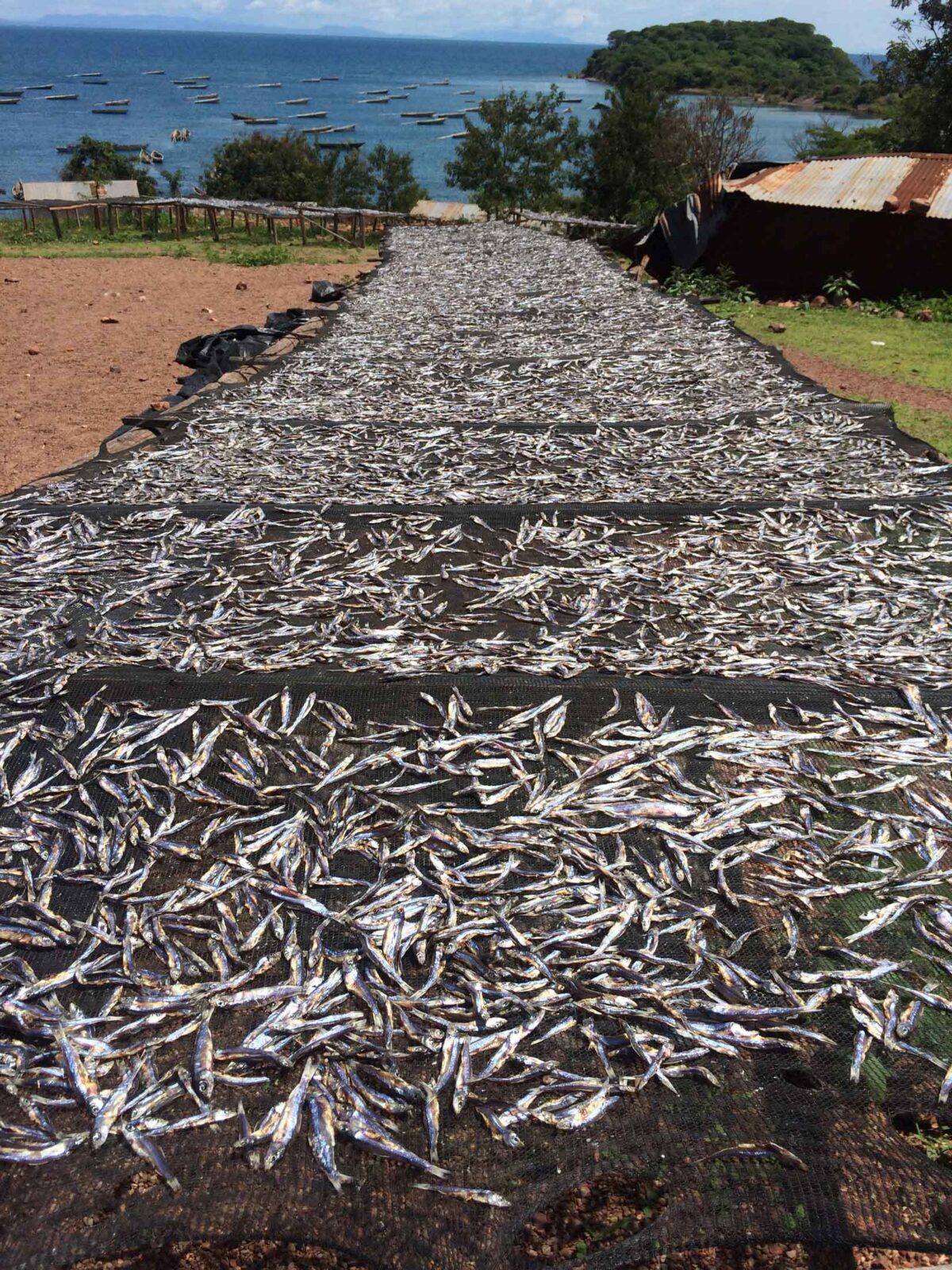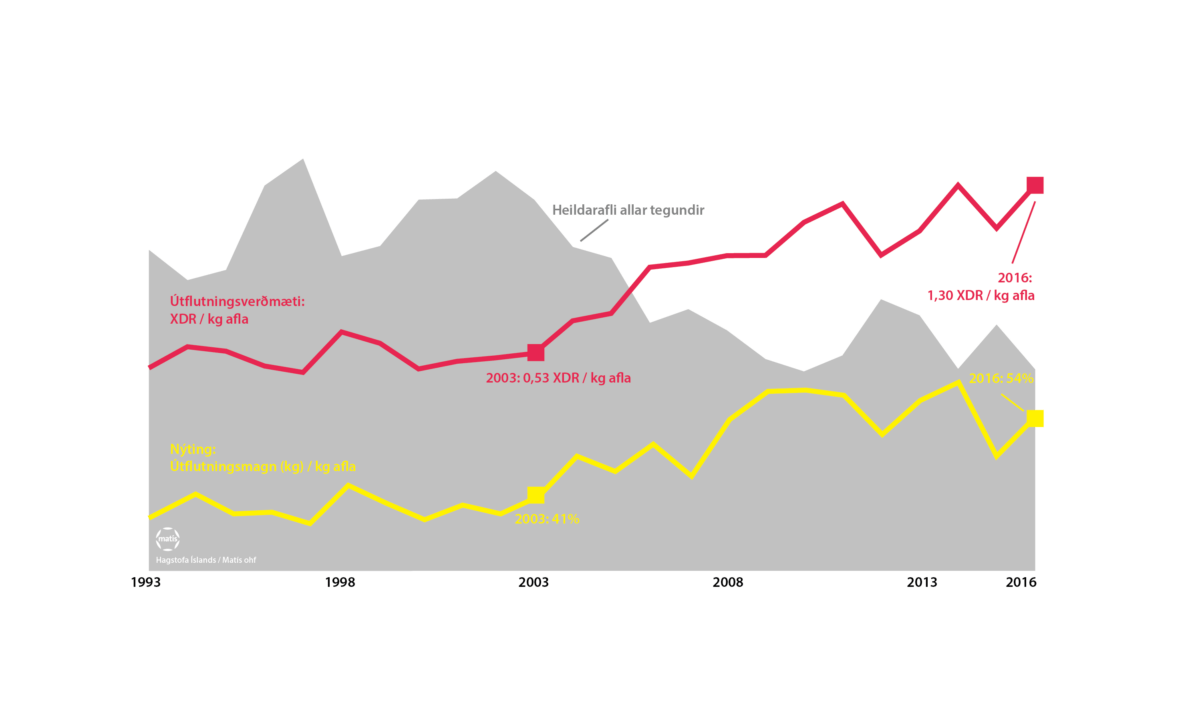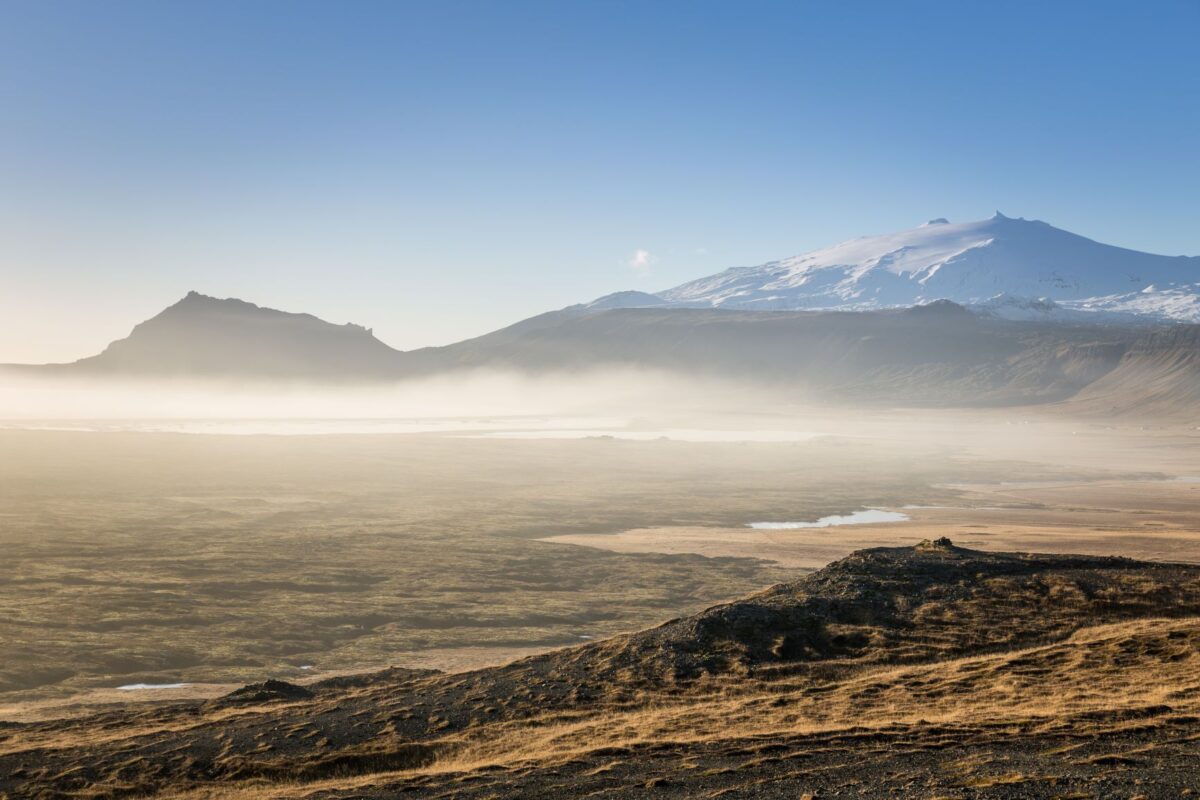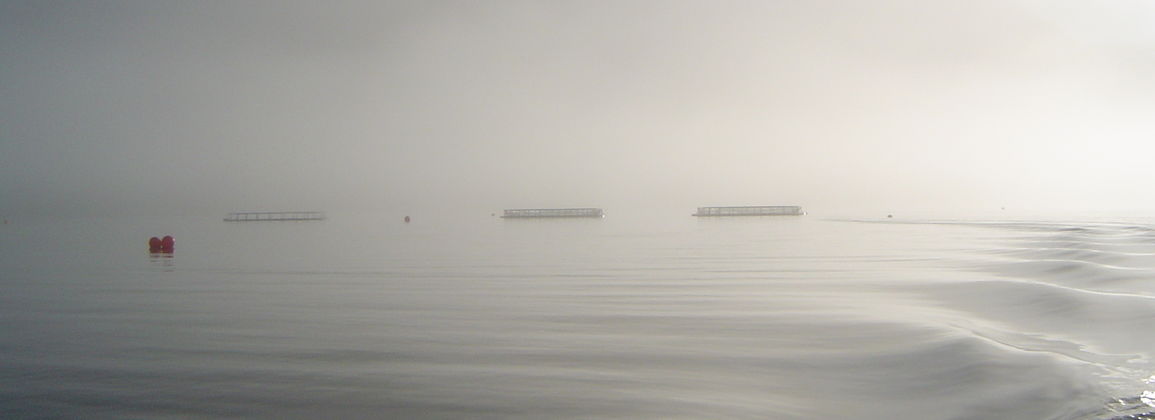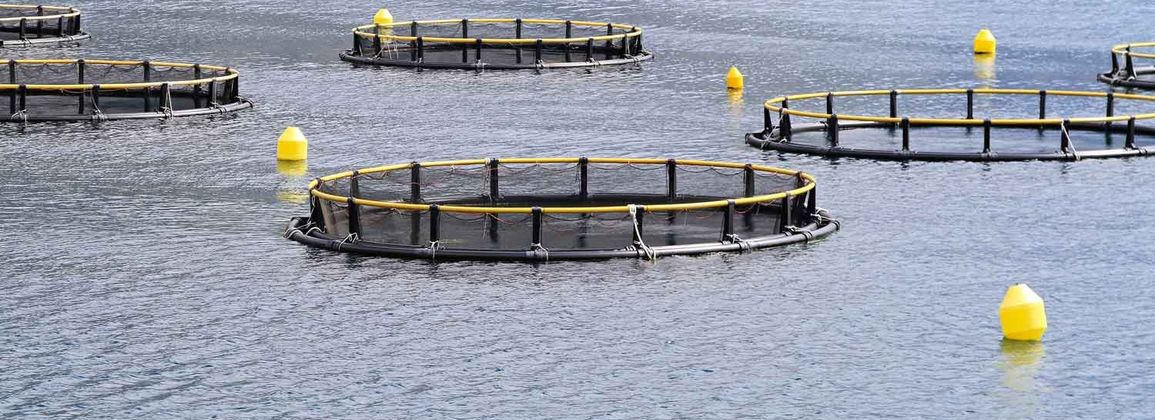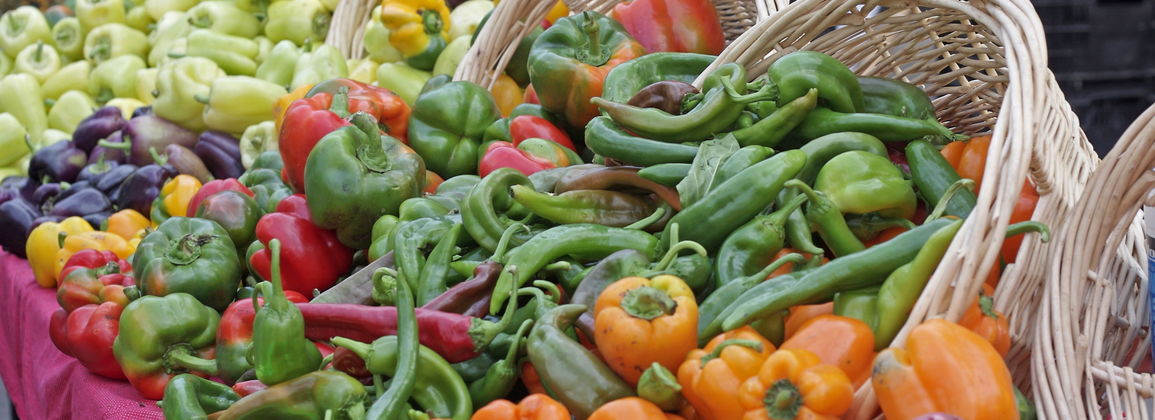Svavar Hávarðsson at Fiskifréttir published an article about Lava Seafood the other day, but the company is a fast-growing company where employees have largely received their education from Matís.
Lava Seafood is a young company that specializes in exporting seafood and has grown rapidly. The company now employs ten people, but a third of them have received a degree in food science with the involvement of Matís. In the near future, an employee will be added to the Lava Seafood staff, who received important training from one of Matís' predecessors, the Fisheries Research Institute. Lava Seafood started operating seafood exports to Nigeria in 2014.
The development work is the key
Kristmann Pálmason, CEO of Lava Seafood, witnessed the importance and significance of research and development work in connection with Iceland's business interests when the company took its first steps abroad. It is well known that falling oil prices have had a major impact on the purchasing power of the population in countries such as Nigeria. In addition, the Nigerian government is taking action to increase the self-sufficiency of Nigerians in food production. These included measures to restrict the import of food such as dried seafood from Iceland. Exchange rates, access to currencies and tariffs had an effect, the volume and value of exports from here decreased. This had an effect both economically and imaginatively, as lower sales of special marine products reduced Icelanders' utilization of marine catch.
According to Kristmann, the fact is that although people want to enter a perfect market with products and services, in most cases there are big problems, that nowhere can you really talk about a perfect market. In many places, there are portals that only public bodies can open.
Knowledge building
Therefore, a business delegation went to Nigeria last year, led by Lilja Alfreðsdóttir, the then Minister of Foreign Affairs, but even though the delegation entered through a previously closed portal, the conversation with the hosts was limited.
"The conversation with the Nigerian government, the Minister of Finance of Nigeria, first started when the educational and research collaboration on the utilization of marine resources, which Matís and the United Nations University Fisheries School (UNU-FTP) have established, came into play. The Nigerian Minister of Finance opened the door for Icelandic officials at the Directorate of Customs of Nigeria in direct continuation of the discussion on research and development cooperation, "says Kristmann, adding that Matís and UNU-FTP have taken great strides in developing Icelandic research on marine products. It is very important to take advantage of what has been achieved and build knowledge of what we have in hand in the first place, and on the other hand what we are actually selling into all of our fish markets, especially in terms of health, protein and reliability. . It is important to link the innovation to well-known markets such as Nigeria as well as to look for new markets.
Talented people to the country
As Fiskifréttir has recently reported, the multinational network of the scientific community in Matís has attracted talented people to the country who the Icelandic fisheries sector can utilize in a targeted manner with regard to knowledge of and access to new markets. The World Seafood Congress, organized by Matís with the support of financial and fisheries companies, is worth mentioning. The conference was an important contribution to the international debate, according to Kristmann. The conference was attended by scholars, ministers and company executives in connection with the fishing industry of the future.
Kristmann says that Icelandic companies should strive to utilize the knowledge and human resources that Matís has built up through mutual cooperation. That's what Lava Seafood did; used the Matís scientific community to prepare a variety of projects abroad. The company does business with companies in over 30 countries and is based on the belief that knowledge can be sold everywhere.
"Matís can be called a common denominator for the Icelandic knowledge that is so sought after when it comes to value creation from marine resources," says Kristmann.
This article first appears in Fish news December 18 sl.
